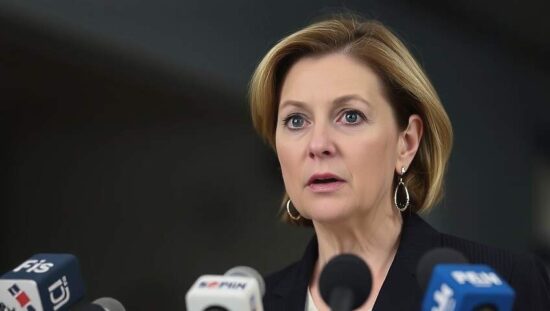Opposition parties are sharply criticizing the coalition agreement reached by the governing Social Democratic Party (SPD), Christian Democratic Union (CDU) and Christian Social Union (CSU), particularly regarding the delayed relief for consumers facing rising electricity costs.
Ines Schwerdtner, leader of the Left party, expressed disappointment, stating that the agreement contradicted promises made in the coalition contract to alleviate the financial burden of electricity taxes on citizens. She questioned the future availability of such relief, noting the allocation of a significant portion of a special fund – 500 billion euros – towards military spending. While acknowledging that electricity tax relief might not be a substantial measure, Schwerdtner emphasized that even a modest reduction of around 100 euros per household annually would represent a considerable benefit.
Andreas Audretsch, deputy chairman of the Green party parliamentary group, echoed these concerns, characterizing the coalition’s failure to address electricity tax relief as a significant broken promise from Chancellor Friedrich Merz (CDU) and SPD leader Lars Klingbeil. He highlighted the government’s projected 143 billion euro debt this year and criticized the reallocation of funds originally earmarked for climate protection towards gas projects, arguing this undermined the possibility of providing electricity tax relief.
Audretsch also addressed the issue of the proposed increase to the “Mütterrente” (mothers’ pension), championed by CSU leader Markus Söder. While not fundamentally opposed to the policy, Audretsch cautioned against using it as a justification for the lack of funds to address consumer concerns regarding electricity prices. He argued that these issues should not be presented as mutually exclusive.
The criticisms highlight growing concerns within opposition circles regarding the coalition’s priorities and its commitment to addressing the financial pressures faced by households in the current economic climate. The delayed implementation of promised consumer relief is expected to remain a central point of contention in the coming weeks and months.





